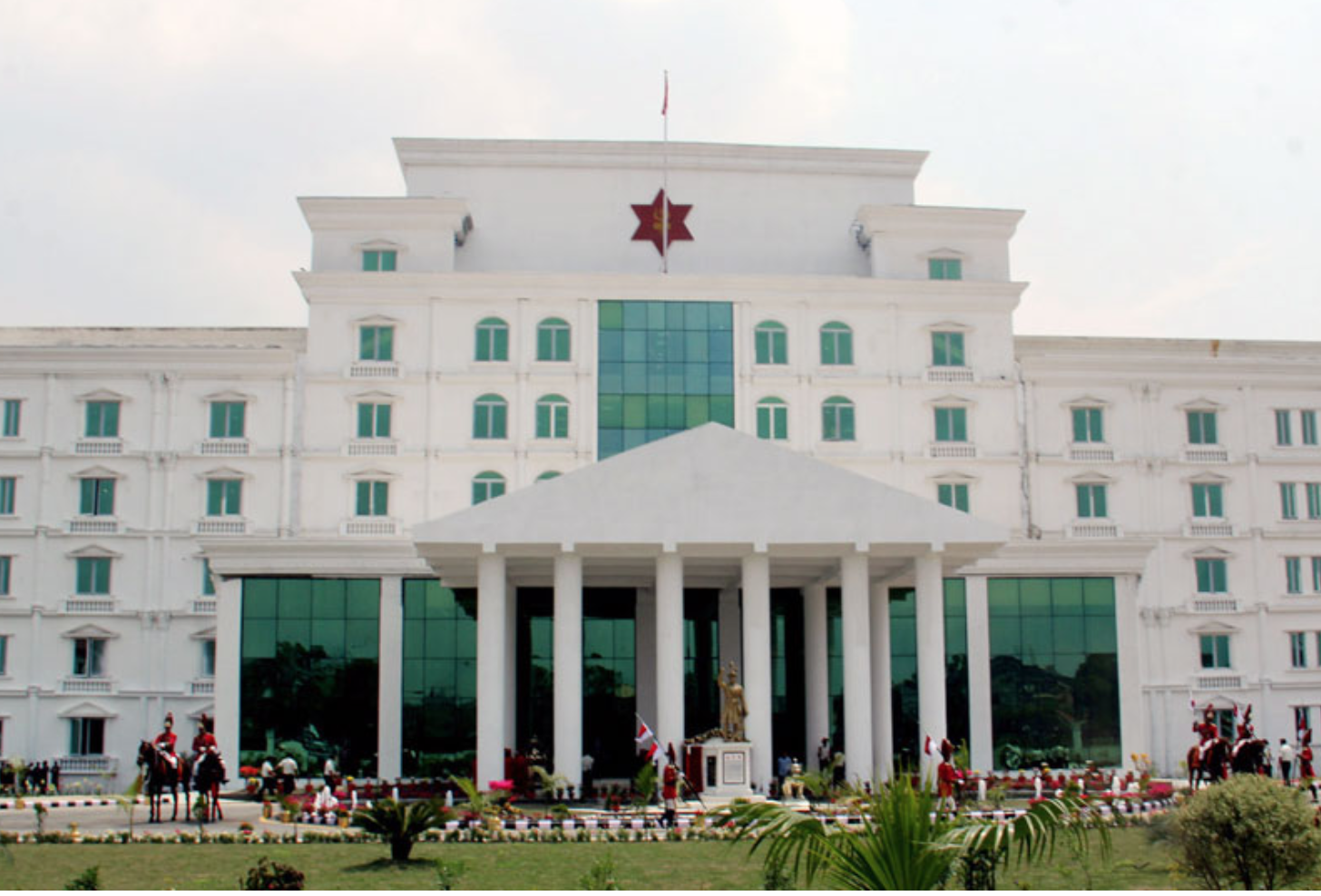
Kathmandu, Nov 26: The Nepal Army has pushed back against a request from the inquiry commission seeking the names of soldiers deployed during the Gen Z protests, saying such details cannot be shared under the Army Act. Tensions have grown after the commission sent letters to the Army, police, and the Armed Police Force, requesting deployment records from the September unrest.
The Army argues that criticisms of its role in protecting Singha Durbar ignore the chaos of the moment. According to its account, troops used only minimal force to prevent the crowd from storming government buildings. Officials say they fired forty-six warning shots in the air, yet the mob kept pushing toward the compound. Soldiers say they physically pushed protesters out twice, but the crowd kept trying to enter from all sides. Army officials maintain that protecting lives took priority, and that their response followed necessity, as stated earlier by War Directorate Deputy Chief Brig Gen Anup Jung Thapa during an October briefing.
Despite multiple requests, the Army did not respond to the commission for weeks. Commission members started seeing this as non-cooperation, while the Army felt the commission was overstepping its mandate. Army officials say the commission is not recognised under the Army Act, and that sending such letters drags the institution into an unnecessary dispute.
The police had also delayed sending details. After repeated reminders, the Nepal Police Headquarters eventually replied that all personnel were deployed in the field during the unrest. The commission was dissatisfied with what it saw as resistance and even discussed a five-hundred-rupee penalty for then IGP Chandrakuber Khapung.
Using the same approach, the commission asked the Army for names of deployed officers, but the Army declined and sent only incident summaries already made public through its earlier press briefing. Army officials say they are not a crowd control force, do not fall under the Home Ministry and cannot share personnel records on request. They argue that any misconduct by soldiers would be handled internally under the Army Act, so there is no reason to appear before the commission.
The exchange has created visible friction between the two sides. Army spokesperson Col Krishna Prasad Basnet says coordination is ongoing, though critics, including some security experts, political leaders and civil groups, have raised doubts about the commission’s methods and impartiality.
People's News Monitoring Service






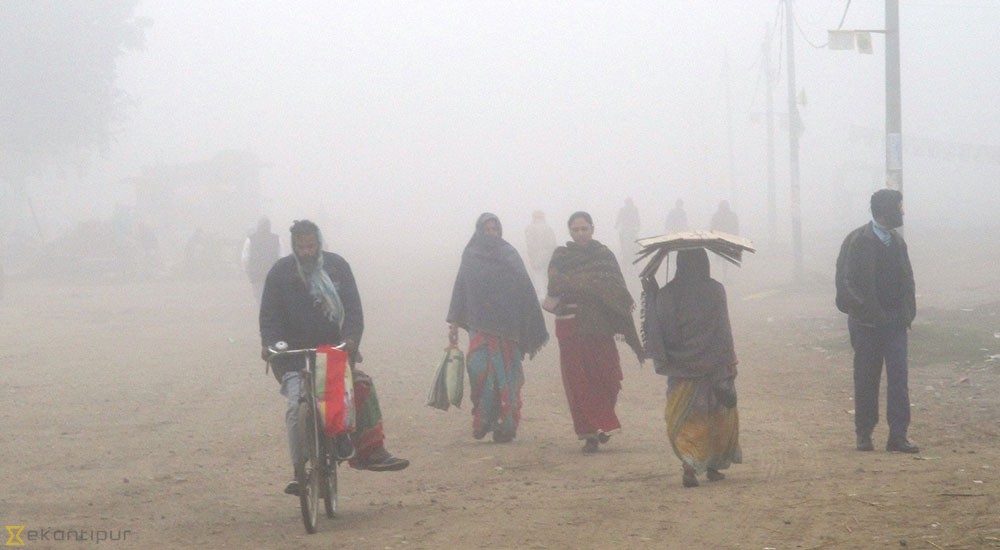
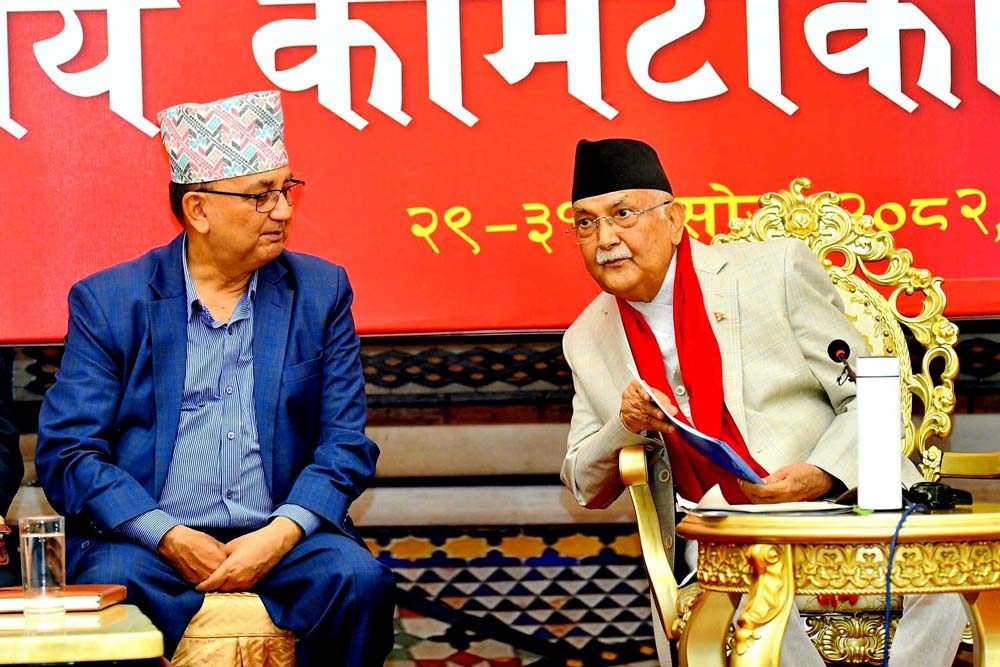


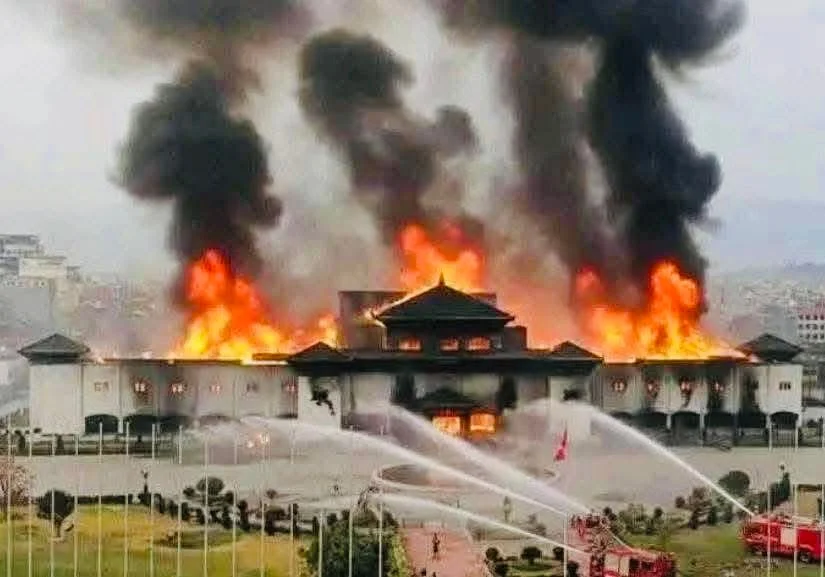
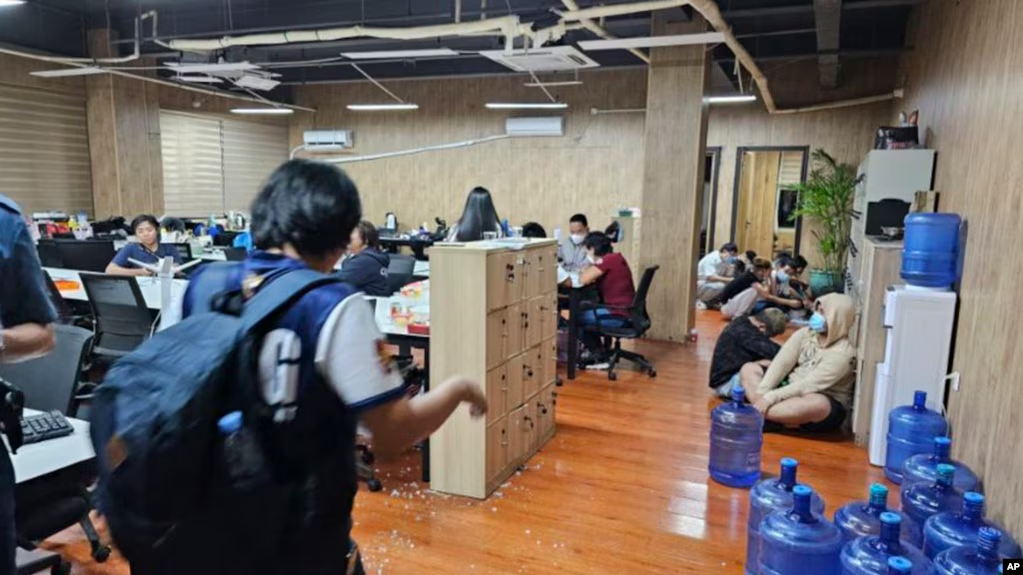

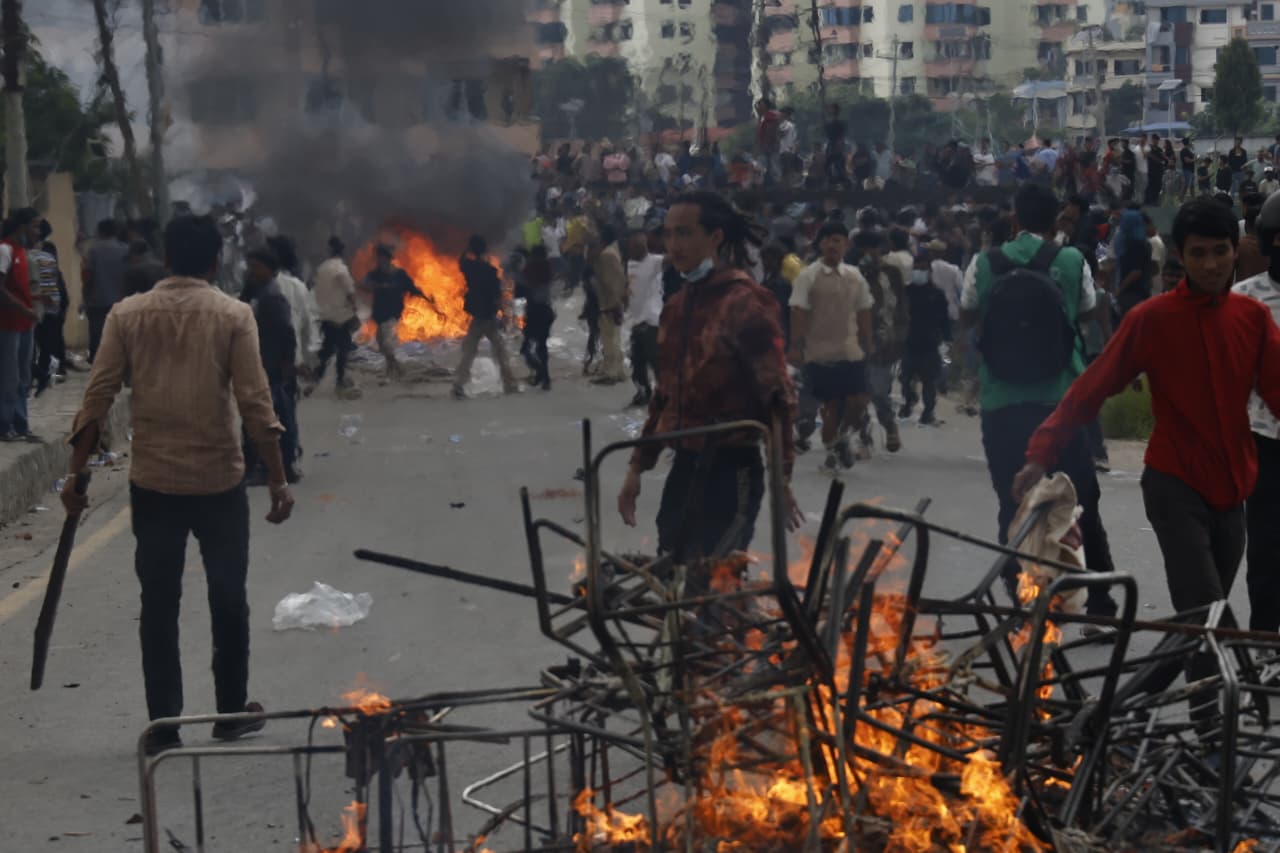

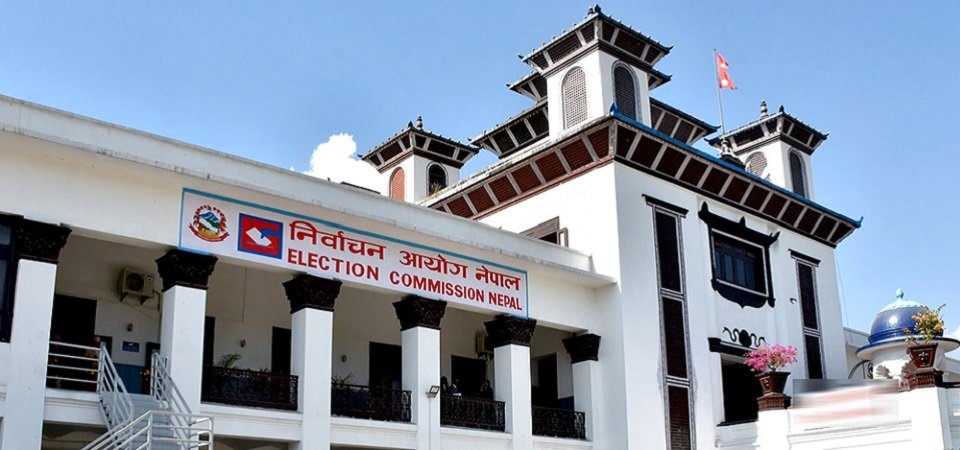
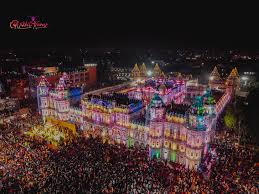
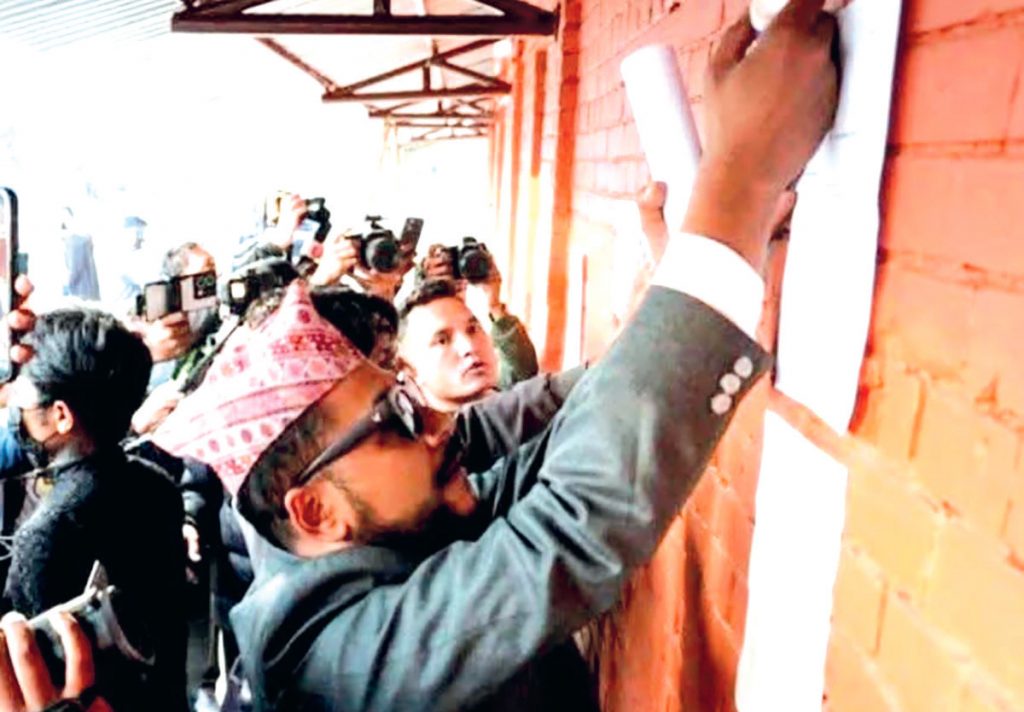
Comments:
Leave a Reply